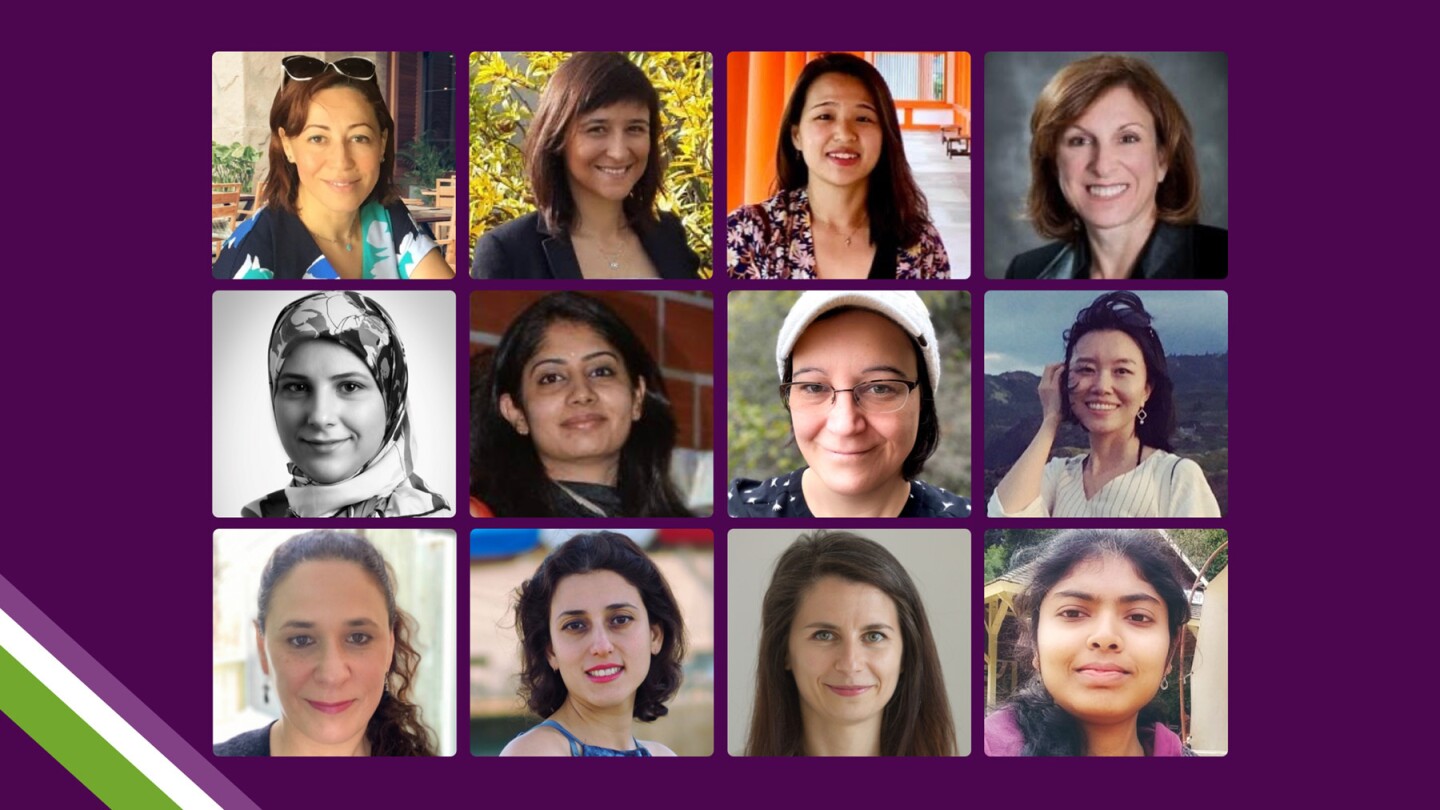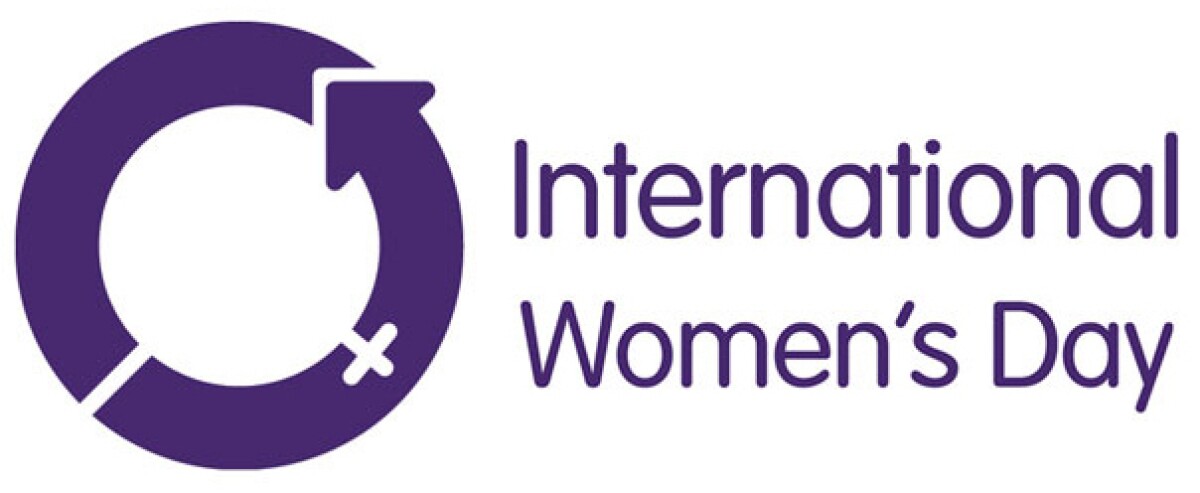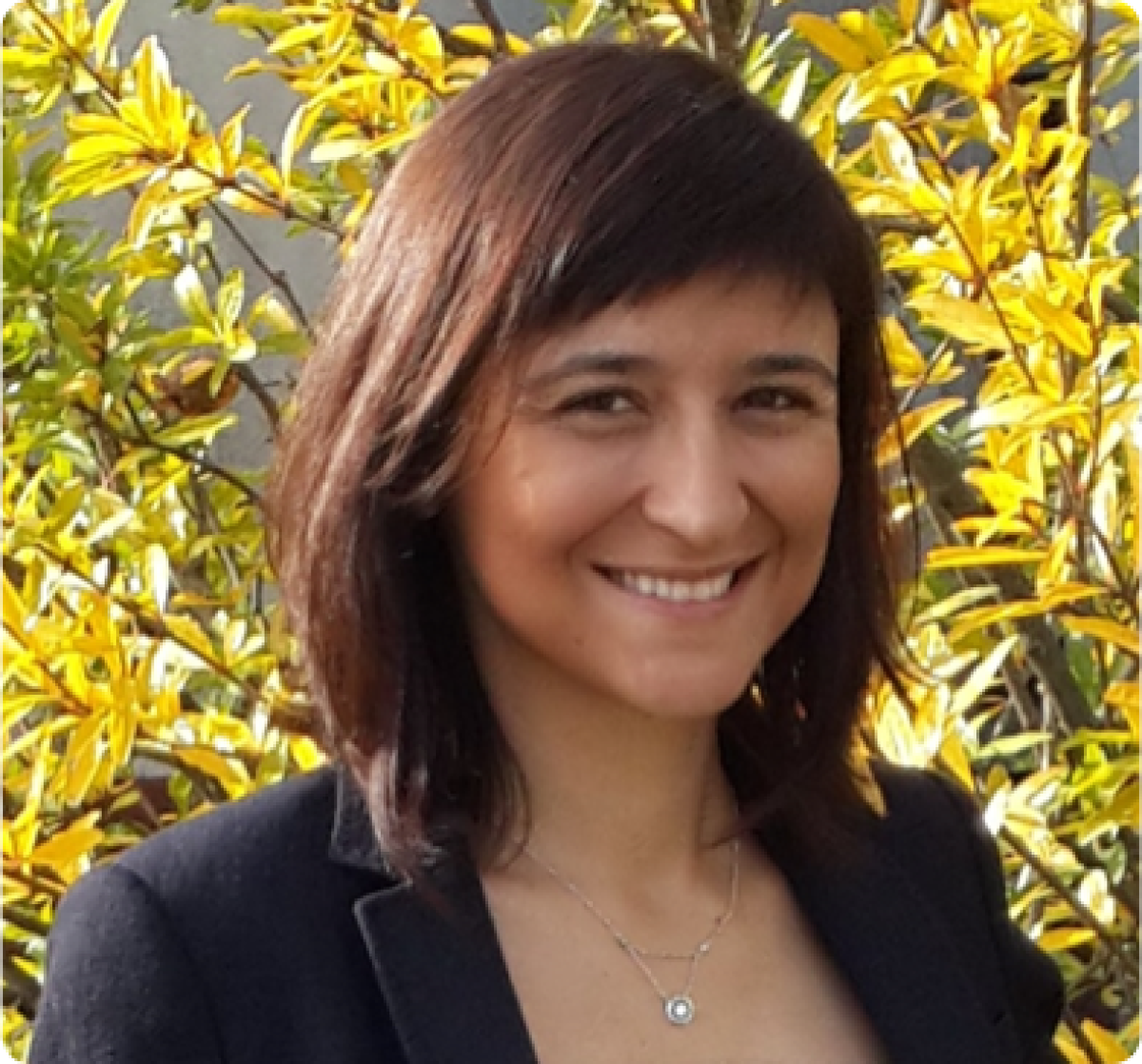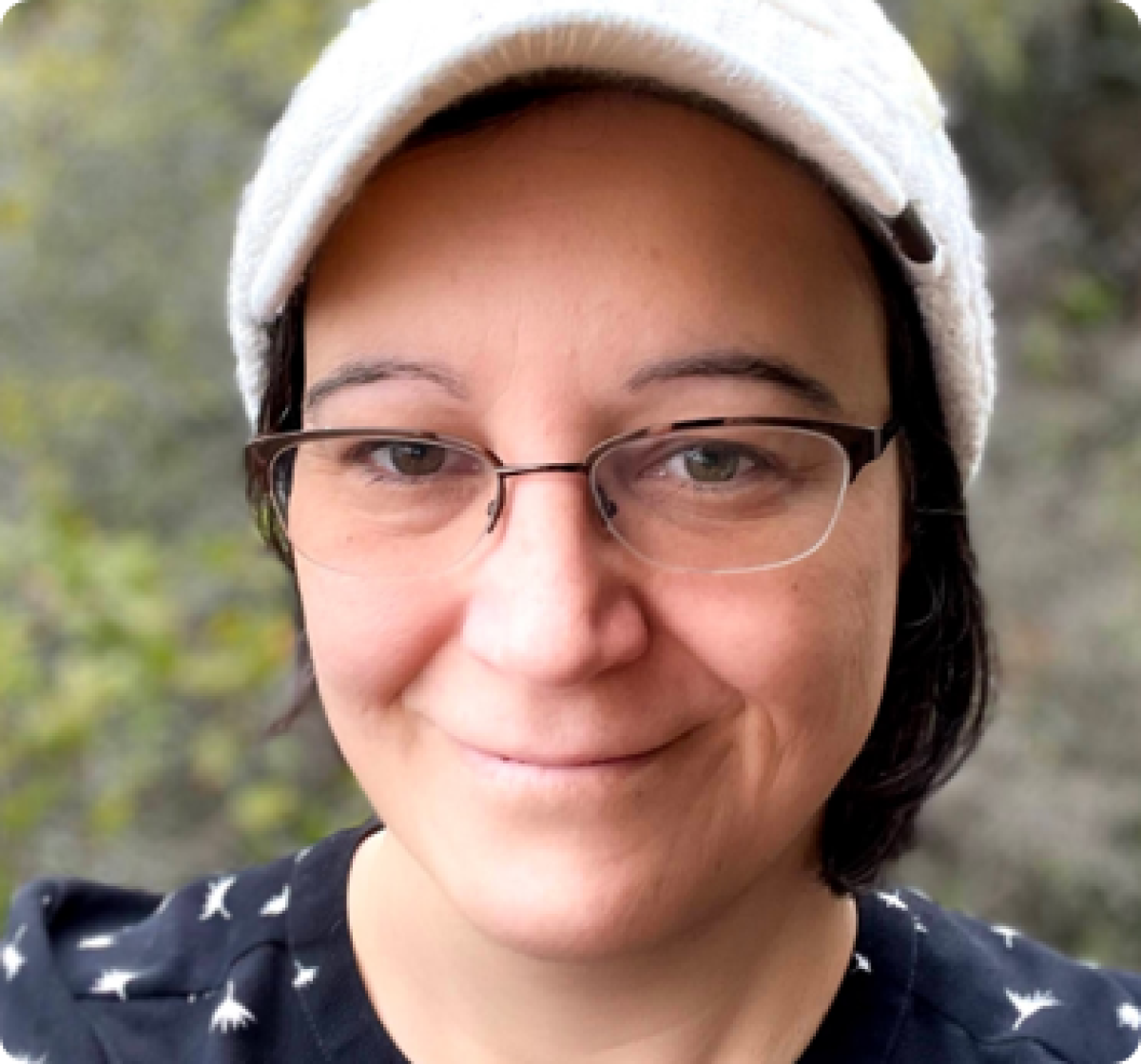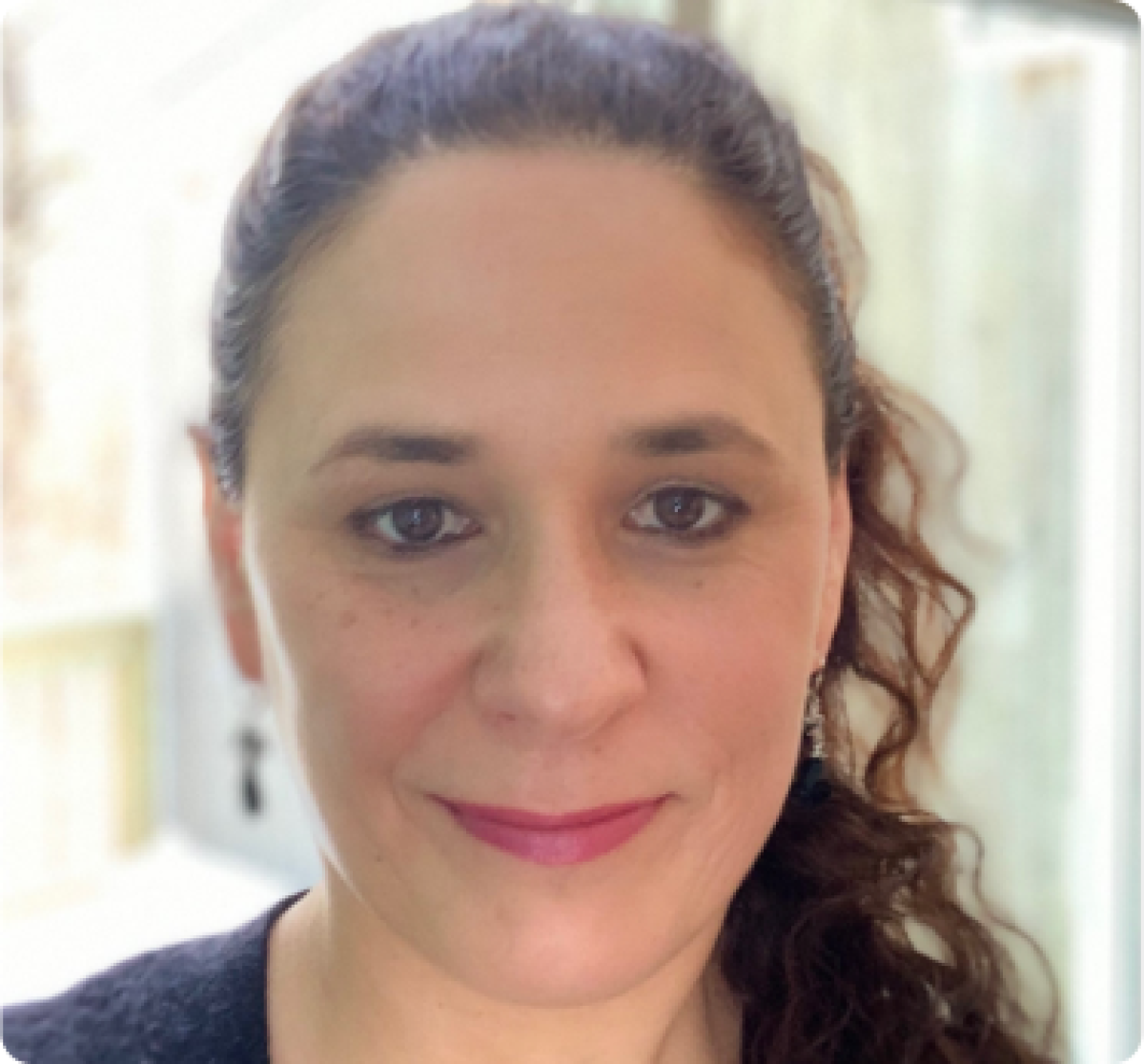International Women’s Day (IWD) is March 8, 2021. The day celebrates the social, economic, cultural and political achievements of women, and also denotes a call to action to accelerate gender parity. This year’s theme: #ChooseToChallenge.
“From challenge comes change, so let’s all choose to challenge,” says the IWD website.
As IWD approached, Amazon Science asked women scientists from research areas across the company what three steps we can take as a society to forge a more gender-equal science community. Below are their responses.
Bouchra Bouqata
Bouchra is a senior applied scientist within Amazon Robotics. She earned her PhD in machine learning and artificial intelligence from Rensselaer Polytechnic Institute.
- Provide a clear pipeline for advancing and promoting women’s careers in science. Companies and institutions should adopt gender-balanced peer review promotion processes and committees. They should also provide special funds and grants to help women scientists further their research and work.
- Conferences and publishing venues should adopt gender-conscious peer-review committee, and speaker- selection committee recruitment processes.
- Companies and institutions should commit to educating everyone, not just leadership, to combat the issues facing women in science. They should provide gender awareness training as a standard component of any training they provide to their employees and members. They should provide seminars and convene roundtable discussions on gender issues in science to facilitate communication and identification of solutions.
Nilay Noyan Bulbul
Nilay is a principal scientist within the company’s Supply Chain Optimization Technologies organization. She earned her PhD in operations research from Rutgers University.
- Call the gender disparity out: Identify where women scientists are marginalized, and call out the disparity to ensure fair representation at the leadership of scientific research and decision-making, as well as “invite-only” prestigious roles, such as keynote speaking engagements, prize juries, and journal editorial board memberships.
- Invest in the future: Create more initiatives and opportunities for the next generation of women scientists via mentoring and targeted prize and research fund calls.
- Keep everyone accountable: Make sure every entity working towards gender equality in science community has a tangible way to measure the “change” and keep track of the progress, and make the process transparent.”
Cindy Cui
Cindy is a senior economist within the Alexa Shopping organization. She earned her PhD in economics from the University of Texas at Austin.
Role models, aspirations, and supportive community are most important factors to me. Growing up, my grandma taught me reading and math. I still remember the days when we would go through math problems and I felt happy and proud when I solved them correctly.
My grandma is also one of the few female teachers in her generation and always emphasizes the importance of education and hard work. In school, many smart female classmates encouraged and challenged me throughout.
It takes all of us to improve gender equality in science, doing our best and helping others along the way.
Donna Dodson
Donna is a senior principal technologist within the AWS Security organization. She earned her master’s degree in computer science from Hood College.
- Build a culture that values deep thinkers who balance speaking and listening to others. Often the subculture’s voices — including women’s — are not heard.
- Create compensation, incentives, benefits, resources, recognition and a flexible workplace that balance needs at different stages in life. Early- and mid-career scientists with families require flexibility for a work-life balance.
- Recognize and promote diverse voices throughout K-12 science programs to empower girls to grow their confidence in science knowledge, skills and abilities
Maryam Fazel-Zarandi
Maryam is a senior machine learning scientist within the Alexa AI organization. She earned her PhD in computer science at the University of Toronto.

I have been able to pursue my dream of becoming a scientist and have had access to role models and mentors throughout my education and career. The number of women scientists like me has increased over the past decades, however, we are still far from a gender equal science community.
While we should continue to reduce the large gap that still exists in terms of numbers, in my opinion, we should put more focus on mechanisms to retain women scientists. Lack of support for women in difficulty, feelings of isolation at work, and unmet expectations are among the top reasons why women leave their careers in science. The COVID-19 pandemic has further contributed to these difficulties as more women are taking additional caregiver roles at home, which in turn impacts their continued employment and career advancement.
To forge a more gender-equal global science community, we need to promote women’s integration in the research environment and workplace by learning about women’s experiences and providing direct support for women in difficulty. Our institutions and organizations should also implement and monitor measures to ensure womens’ career development in a post-pandemic world.
Rashmi Gangadharaiah
Rashmi is a senior research scientist within the AWS organization. She earned her PhD in information technology, artificial intelligence, and machine learning from Carnegie Mellon University.
As a woman and a mother of two girls, I’m glad that gender equality has been receiving more attention. Just talking about gender equality doesn’t mean that we’ve created a gender-equal community. Here are three steps that we can take to create a gender-equal global science community.
- Create opportunities that encourage more women to tackle challenging projects.
- Recognize women who have an impact on projects and give credit where it’s due.
- We as women should not be afraid to take on challenging projects, grab opportunities that come our way and have a community/support system when the deck is stacked against us.
Antia Lamas-Linares
Antia is a principal research scientist within the AWS Center for Quantum Computing. She earned her PhD in physics from the University of Oxford.
Helping diversify science is often not about actions within science, but immediately around science; removing the “death by a thousand cuts” problems.
The most impactful action we can take to improve science careers for women is to prioritize affordable childcare in research campuses (both university and industrial). This also has the very nice feature of benefiting the whole community of researchers, but it would have a disproportionate effect on women, while avoiding the insidious problems of preferential treatment.
If we can make space in campuses for exercise and culture, we can make space for daycares. A second thing we could do is prominently feature female scientists without remarking on their gender, they should not be an anomaly that needs to be highlighted and this narrative can be gently pushed from within organizations. Thirdly, and this is more of a personal action, actively avoid discouraging girls for pursuing geeky interests. Boys get rewarded with questions and attention for this behavior. Girls get the opposite signals.
Bilan Liu
Bilan is an applied robotics scientist within the company’s Lab126 organization. She earned her PhD in electrical and computer engineering at the University of Rochester.
- The key aspect for a gender equal world is an environment where women share the same opportunities as men, such as quality education.
- A gender equal world not only calls for the equality of women, but also quality among women. It is beneficial to share the recognition of successful women, as well as to have supportive peers and mentors for young women.
- We should advocate to elevate women’s voices, both in the workplace and the media. Increasing the representation of women in a workplace not only creates a better workplace, it also changes perceptions about the value that women bring to the table.
Catherine Benoit Norris
Catherine is a science researcher within the company’s Sustainability organization. She earned her PhD in business administration from the Université du Québec à Montréal.
- Acknowledge and support workers, students, professionals, and scientists as parents. Until we fully recognize the needs of families, and have a work culture that allows setting limits, women will continue to be held back.
- Make sure that everyone speaks and are listened to in meetings. Making sure that everybody is being heard and are being paid attention to when they speak is fundamental for a gender-equal global science community.
- Support, encourage, value, and recognize women academic achievements. Publicly valuing, rewarding, and celebrating competence and achievements in women is a stepping stone towards gender equality in science and beyond.
Tara Taghavi
Tara is a senior applied scientist within the Alexa AI organization. She earned her PhD in computer science from the University of California, Los Angeles.
A first step in promoting gender equality is to involve more women in hiring processes, particularly hiring loops for science roles.
A second step is to facilitate a more favorable work environment for mothers by providing alternate hours, a reduced time schedule, and similar measures so women can grow their careers as they grow their families.
A third step is to empower women to take management roles. Many statistics have been shared regarding the disproportionate number of women who are promoted in comparison to their male counterparts. We should address it by encouraging women to pursue these roles, and then supporting them as they take on the responsibilities of these higher-level roles.
Nedelina Teneva
Nedelina is an applied scientist (search) within the Alexa organization. She earned her PhD in computer science from the University of Chicago.
Engaging in cross-disciplinary collaborations forces us to be curious, empowers us to say “I don’t know” and ask others “What do you think?”.
This helps us better understand others’ lived experiences. In both professional and personal collaborations, we need to apply more rigorously the scientific method, which minimizes the influence of prejudice, by recognizing our biases or pre-existing beliefs and designing appropriate management strategies.
Finally, we need to continue to solidify these processes into platforms and organizations that nurture diverse opinions. Lessons learned from the existing diversity/inclusion efforts within the science community should be utilized in the broader society.
Nikhita Vedula
Nikhita is an applied scientist with the Alexa Shopping organization. She earned her PhD in computer science and engineering from Ohio State University.
Education, encouragement, and awareness are key to fostering the growth of a more gender-equal science community. Throughout my studies — straight through the completion of my PhD — I have seen at best an 80-20 ratio of men to women in classrooms, and academic or industrial positions. This needs to change, and this change needs to begin within our homes.
Women require support from both men and other women alike, right from their childhood. We need to inspire and motivate women to nurture their dreams, and pursue their unique passions, instead of telling them things like “This field is for men, not for you”.
